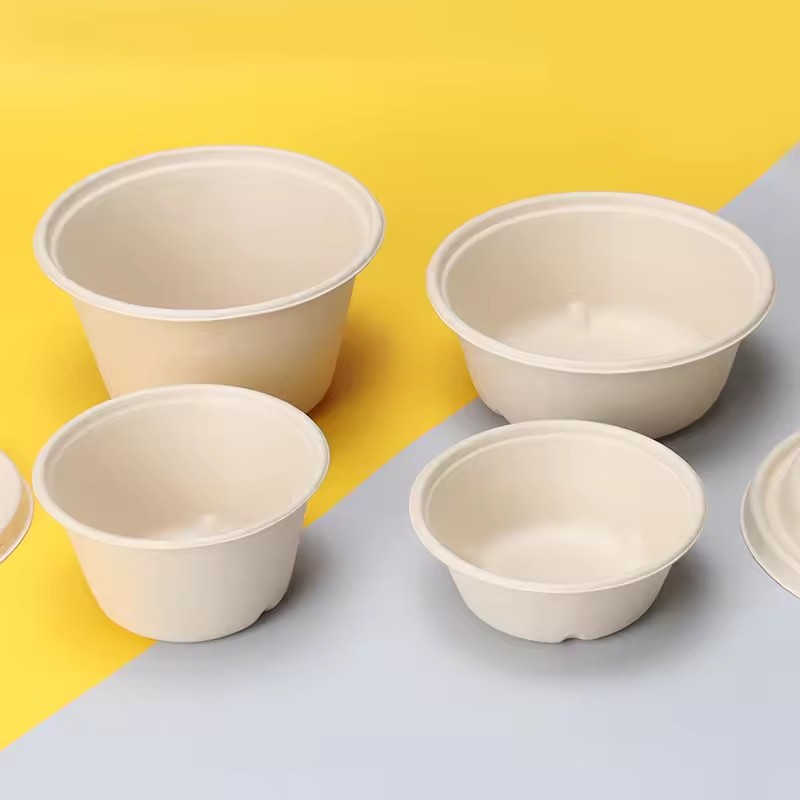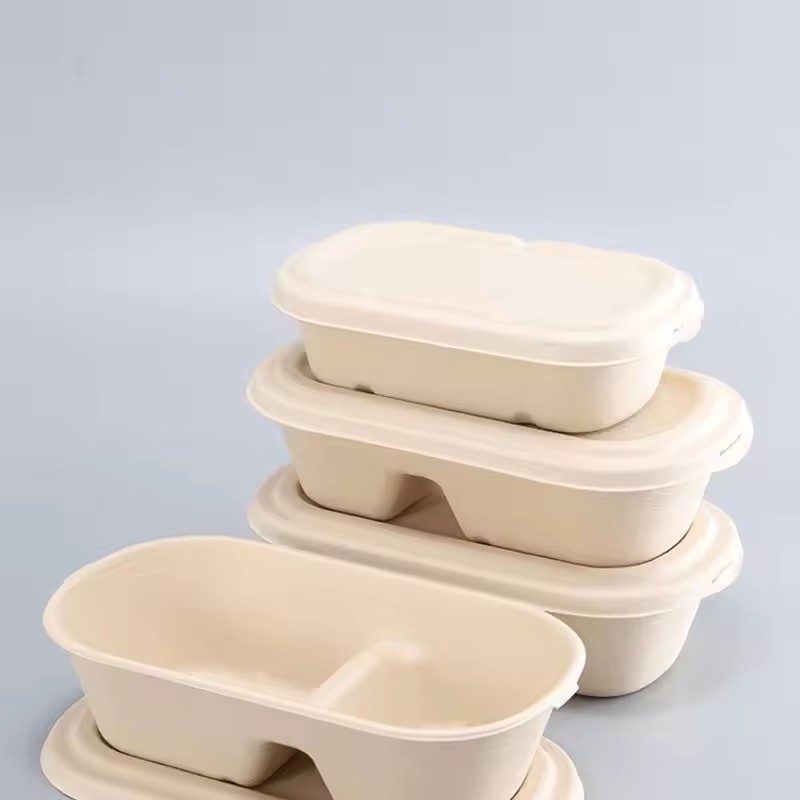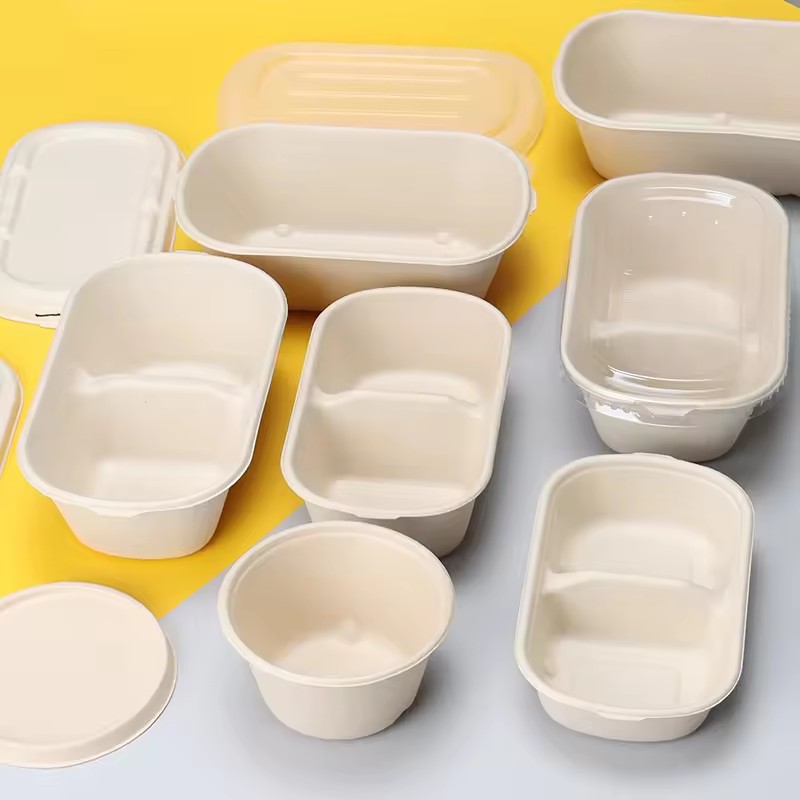Why Use Biodegradable Lunch Boxes?
Biodegradable lunch boxes are becoming increasingly popular as people become more aware of the environmental impact of single-use plastic products. These lunch boxes are made from materials that can break down naturally, reducing the amount of waste that ends up in landfills and oceans. In this article, we will explore the benefits of using biodegradable lunch boxes, the price comparison with traditional lunch boxes, and the role of compostable lunch box factories in promoting sustainability.
First and foremost, the use of biodegradable lunch boxes helps to reduce the amount of plastic waste that is generated. Traditional plastic lunch boxes can take hundreds of years to decompose, leading to a build-up of non-biodegradable waste in the environment. Biodegradable lunch boxes, on the other hand, are made from materials such as plant-based plastics, sugarcane bagasse, or recycled paper, which can break down much more quickly and naturally. This means that when disposed of properly, biodegradable lunch boxes have a significantly lower impact on the environment.
In terms of price, biodegradable lunch boxes are becoming increasingly competitive with traditional plastic lunch boxes. While it is true that the initial cost of biodegradable lunch boxes may be slightly higher, the long-term environmental and economic benefits make them a cost-effective choice. Additionally, as the demand for biodegradable products continues to grow, the price of biodegradable lunch boxes is expected to decrease further, making them an even more attractive option for businesses and consumers alike.


Biodegradable lunch box factories play a crucial role in promoting sustainability by producing eco-friendly alternatives to traditional plastic products. These factories are constantly innovating and developing new technologies to create biodegradable lunch boxes that are not only environmentally friendly but also practical and convenient for everyday use. By investing in research and development, biodegradable lunch box factories are helping to drive the transition towards a more sustainable and circular economy.

Furthermore, the use of biodegradable lunch boxes can also have a positive impact on public health. Traditional plastic products often contain harmful chemicals such as BPA and phthalates, which can leach into food and beverages, posing potential health risks. Biodegradable lunch boxes, being made from natural and non-toxic materials, offer a safer alternative for storing and transporting food, especially for children and individuals with sensitivities to synthetic chemicals.
At last, the use of biodegradable lunch boxes offers a multitude of benefits, ranging from environmental conservation and cost-effectiveness to public health and safety. As more businesses and individuals recognize the importance of sustainable practices, the demand for biodegradable lunch boxes is expected to continue rising. With ongoing innovation and investment in eco-friendly manufacturing processes, biodegradable lunch box factories are playing a pivotal role in shaping a greener and healthier future for generations to come.






